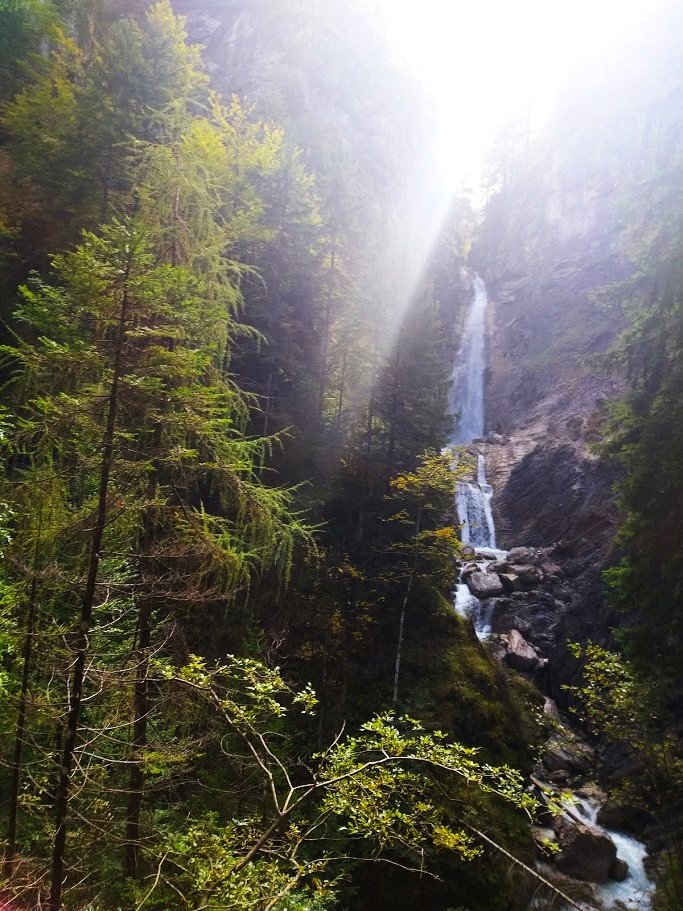Greening Your Vacation Rental:
How to Create a Sustainability Policy.
Are you a vacation rental owner concerned about the environment? Are you noticing more customers seeking eco-friendly travel options? With governments tightening environmental regulations, are you unsure where or how to start making your property more sustainable? If you answered yes to any of these questions, this blog is for you. Here, you’ll find guidance on creating and implementing a sustainability policy and initiatives for your vacation rental.
What is a Sustainability Policy?
A sustainability policy is a written document that outlines good sustainability practices and guidelines to follow. Sustainability involves conserving and managing resources, especially non-renewable ones, to meet current needs without compromising future generations’ ability to meet their own. Currently, humans use 40% more resources than the Earth can sustain. Think about the waste in your trash can—how much do you throw out? Whatever waste goes to the landfill represents resources lost for future production. Our goal is to close the loop by reducing, reusing and recycling as much as possible to reduce the need for new resource extraction, which is costly and finite.
Why is a Sustainability Policy Good to Have?
A sustainability policy is not just a tool for environmental stewardship; it also brings substantial economic and social benefits to your business. Adopting a sustainable mindset helps manage debt and resources wisely, ensuring long-term financial stability. Socially, it involves balancing the positive and negative impacts of company growth on the community. For instance, a company that profits while dumping toxic chemicals into waterways harms the community and risks legal action and backlash. In contrast, a company that grows while providing jobs and community support fosters goodwill and a positive reputation.
Enhancing the Guest Experience
Luxury is evolving from exclusive high-end products and experiences to those connected with nature and unique, experiential travel. Guests increasingly value eco-friendly amenities such as natural-based toiletries, uncrowded natural open spaces, minimal noise and light pollution, and clean fresh water. These features not only enhance the guest experience but also provide a competitive edge in the market.
Demonstrating Commitment to Stakeholders
Showing shareholders or bankers that you are proactively addressing sustainability can demonstrate your commitment to long-term success and compliance with future regulations. This proactive approach can build investor confidence and secure financial support, showcasing your business as forward-thinking and responsible.
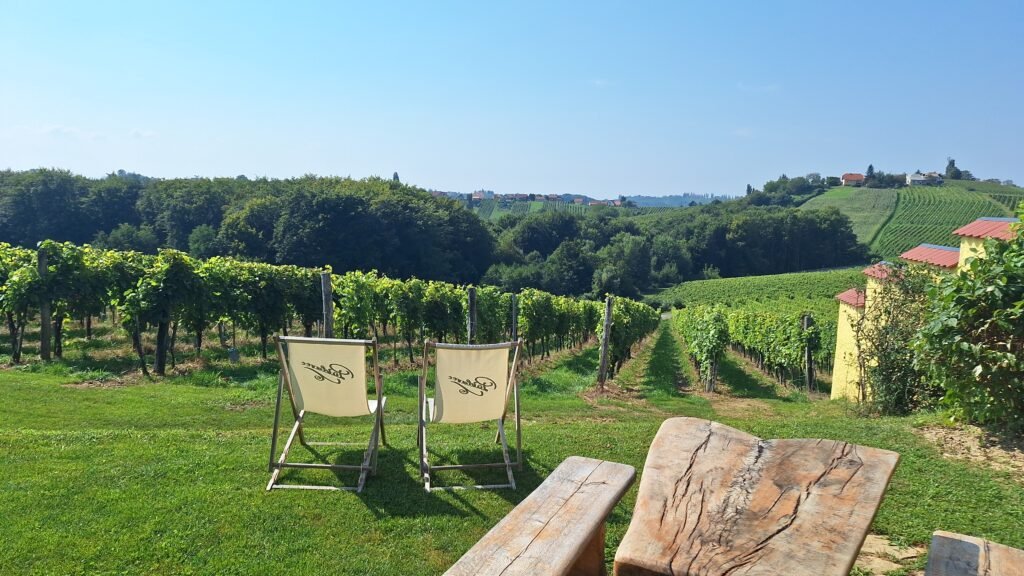
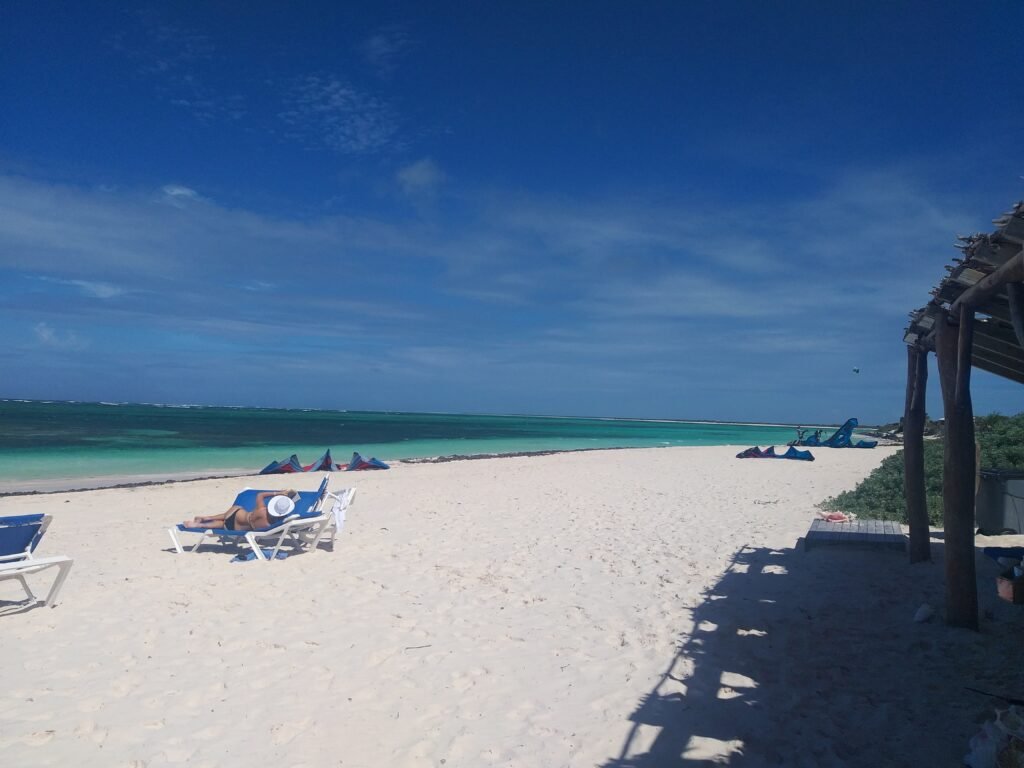
Navigating Regulatory Requirements
There is a growing trend towards requiring companies to comply with due diligence requirements by proactively addressing and mitigating environmental damage. This includes managing greenhouse gas emissions, hazardous waste, marine pollution, and ensuring employee welfare. By integrating these practices into your sustainability policy, you not only comply with current regulations but also prepare for future legal requirements, positioning your company as a leader in sustainable business practices.
A comprehensive sustainability policy benefits your business economically, socially, and environmentally, ensuring long-term success and a positive impact on the world.
Components of a Sustainability Policy
A comprehensive sustainability policy encompasses various initiatives and guidelines aimed at promoting sustainable practices within an organization. Here are the key components and ideas of initiatives to include:
Resource Conservation
- Water Conservation: Use efficient showers and washing machines, conserve pool water with shades or saline systems, incorporate drought-resistant plants and a gray water system for landscaping, install low-flow faucets and toilets, and regularly check for and fix leaks.
- Energy Conservation: Source energy from renewable sources where possible, use LED lights and proper insulation, provide drying racks , use smart thermostats and efficient heat pumps, install energy-efficient appliances, encourage the use of natural light by incorporating large windows and skylights, and implement an energy monitoring system to track and manage energy use.
Waste Management
- Pollution Control: Soundproof walls to control noise pollution, request guests respect quiet time during night time hours, use blackout curtains and motion sensor lights outdoors to reduce light pollution, provide recycling bins and a composting system, offer natural-based toiletries and cleaning products with minimal packaging, use air purifiers and ensure proper ventilation to maintain indoor air quality, and provide information on public transportation options and encourage carpooling or the use of bicycles.
Wildlife & Biodiversity Protection
- Maintain green spaces and use native plants, avoid chemical spraying in gardens, support local eco-conservation charities, provide tourist guidance on minimizing environmental impact during excursions, create habitats for local wildlife (e.g., bird feeders, bat boxes), and ensure outdoor areas are safe for local wildlife (e.g., no harmful traps or barriers).
Sustainable Procurement
- Buy from local suppliers to reduce transportation emissions and support the community, choose products with minimal packaging and those that can be reused, implement a procurement policy that prioritizes sustainable and ethically sourced products, and use furniture and decor made from recycled or sustainable materials.
Guest Involvement
- Encourage guests to participate in sustainability initiatives by using recycling bins provided on the premises, conserving water and energy by reusing towels and turning off lights and appliances when not in use, respecting local wildlife and the natural environment during their stay, and participating in local environmental and community activities if interested.
Employee Training and Engagement
- Provide regular training for staff on sustainable practices, encourage staff to come up with new sustainability ideas and initiatives, and recognize and reward staff contributions to sustainability.
Continuous Improvement
- Commit to continuously improving sustainability practices by regularly reviewing and updating the policy to ensure a positive impact.

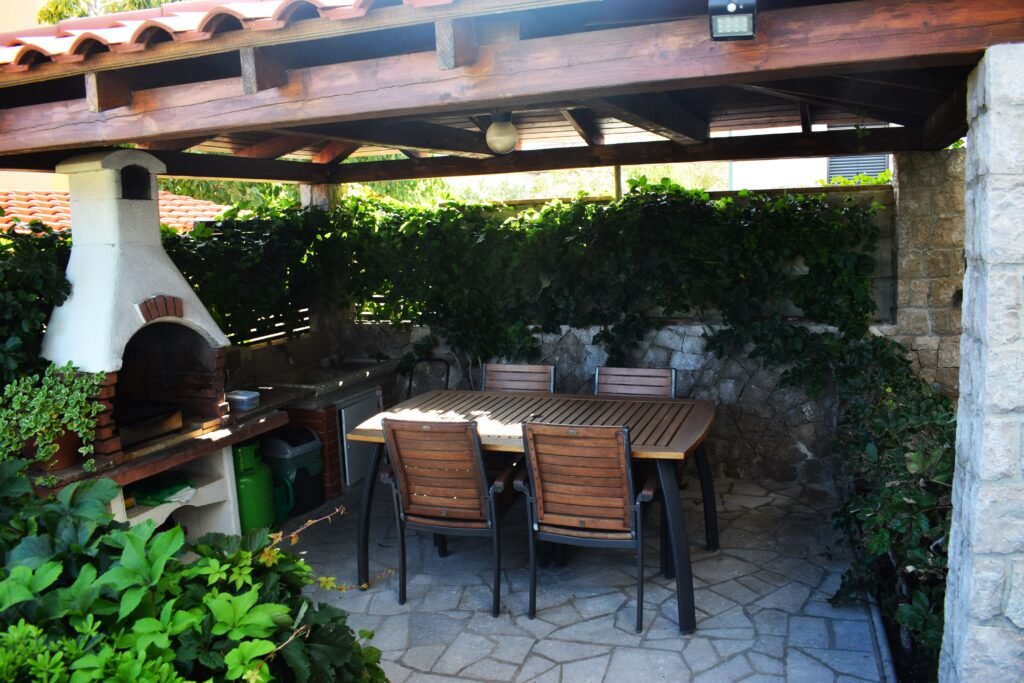
Where to Display Your Sustainability Policy
Start by adding your policy to your website, employee handbook, and guest guidebooks. This transparency helps build trust and demonstrates your commitment to sustainability.
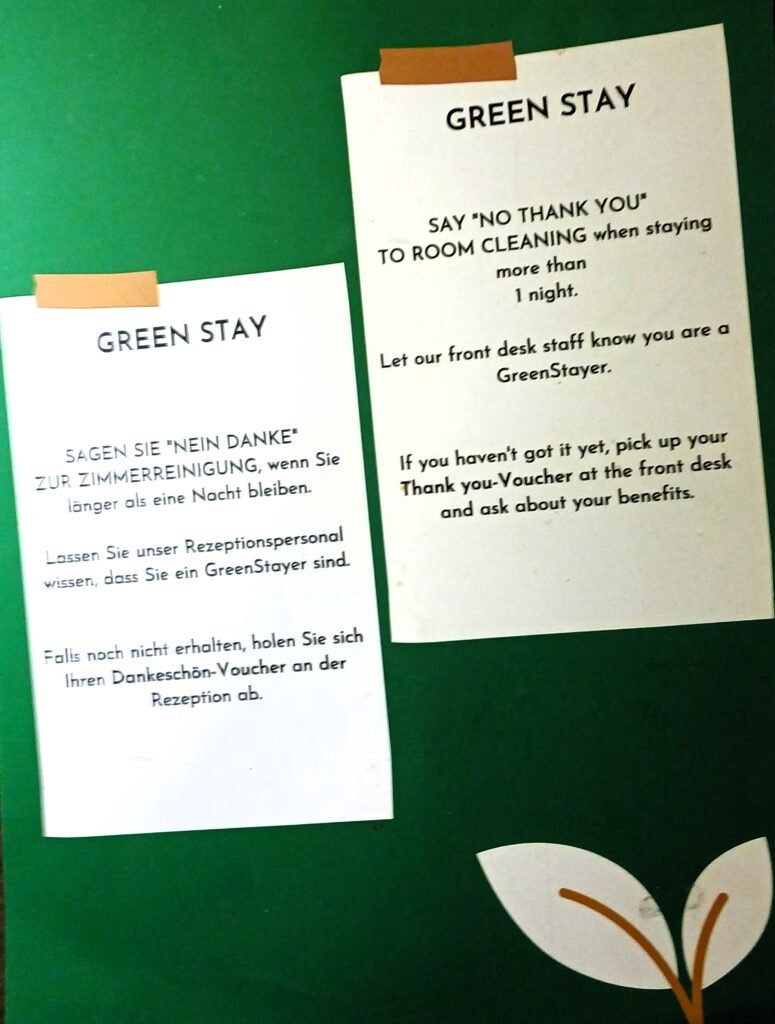
Real Action vs. Greenwashing
Be honest in your policy. Start small, like providing recycling bins, and involve guests in your initiatives. For example:
“In our moves towards sustainability, we are taking steps to minimize waste going to the landfill. We provide recycling bins on the premises and ask guests to rinse and place recyclables in the bins.”
Avoid greenwashing, which involves claiming sustainable practices without actual action. Ensure staff follow the guidelines you set for guests.
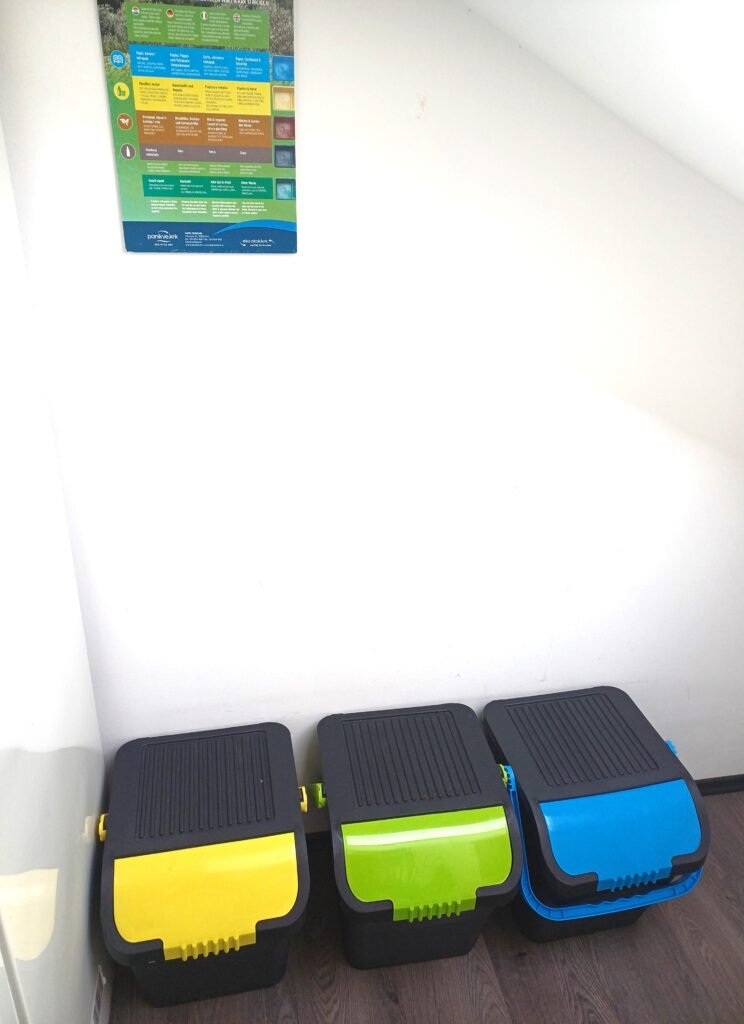
Final Thoughts
Creating a sustainability policy for your vacation rental not only helps the environment but also improves your business’s appeal and resilience. Start with small, impactful changes and build upon them as you go. Transparency and honesty in your efforts will resonate with guests and community members alike.
Check out my other blogs for more information on ways to green your vacation rental and travel more sustainably. Sign up to my e-newsletter for updates on new posts, free worksheets and templates, products and important sustainability-related news.
If you have any questions or need help with creating a sustainability policy, please contact us at info@nimabusiness.com
